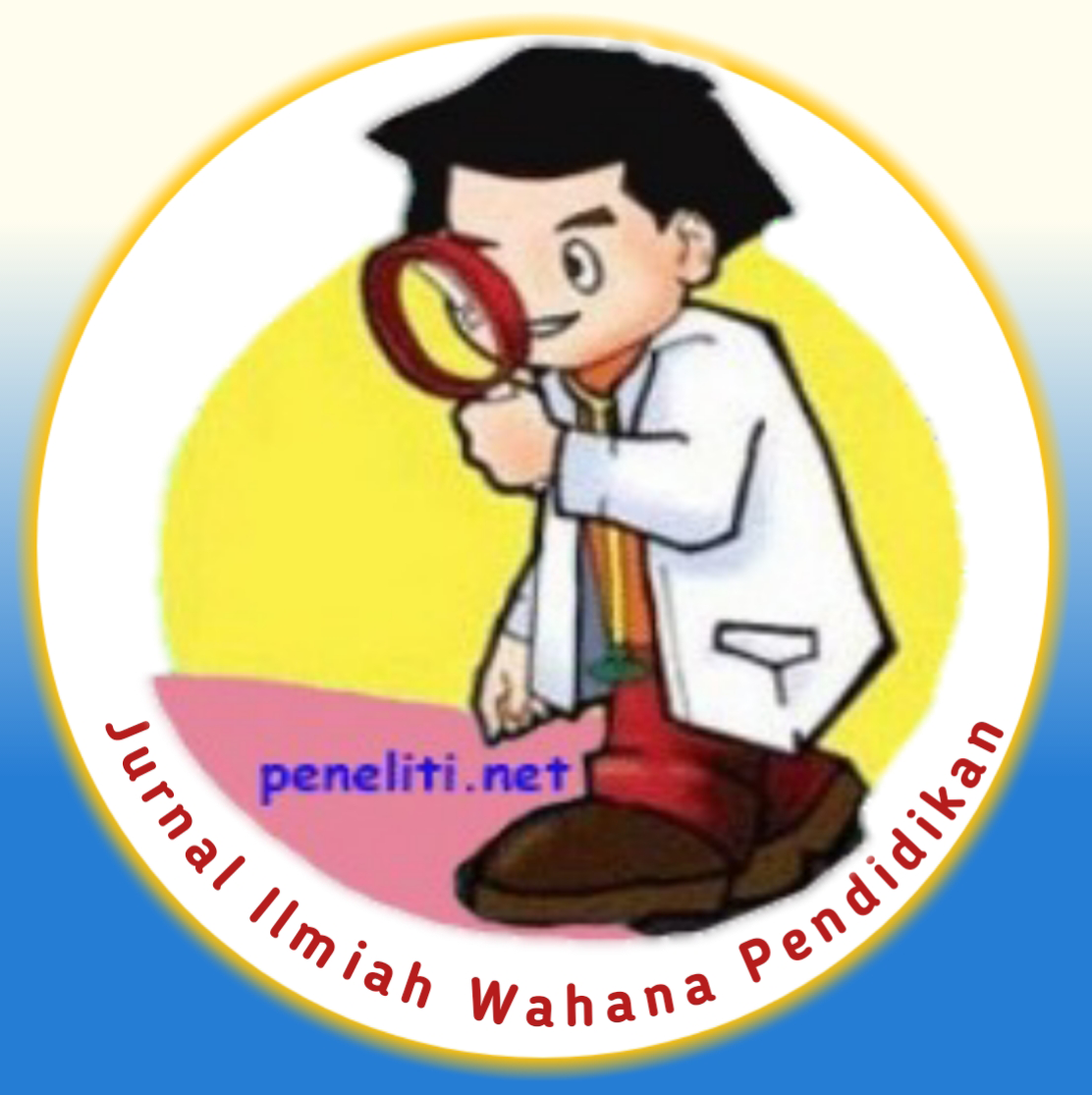Efektifitas Model Pembelajaran Discovery Learning Terhadap Peningkatan Hasil Belajar Siswa SMA Negeri 2 Ternate Pada Materi Suhu dan Kalor
Abstract
A discovery learning model is used, in which this model focuses on independent information seeking and information processing for organizational purposes. The purpose of this study was to determine the effectiveness of the discovery learning model in improving students' cognitive learning outcomes in terms of motion and speed material. This study used a quantitative pretest design approach using the One Group-Pretest-Posttest method. The sampling technique used purposive sampling with a sample of 36 students. Data collection with testing techniques. The data analysis technique is the N-armature test. The results of this study indicate that students' cognitive learning outcomes increased during the period of applying the N-gain learning model in the middle class with 19 students and the percentage was 59.65 in the high class with 17 students. with a percentage of 40.35%. In addition, there are significant differences in students' cognitive learning outcomes before and after the application of the discovery learning model. Based on the results of data analysis, the discovery learning model is effective in improving students' cognitive learning outcomes.
References
Adodo, S. O. (2013). Effect of Mind-Mapping as a Self-Regulated Learning Strategy on students’ Achievement in Basic Science and Technology. Mediterranean Journal of Social Sciences, Vol.4, No.6
Aisyah, Jaenudin, R., & Koryati, D. (2017). Analisis Faktor Penyebab Rendahnya Hasil Belajar Peserta Didik pada Mata Pelajaran Ekonomi di SMA Negeri 15 Palembang. Palembang: Jurnal Profit, UNSRI. 4(1), 1–11
Akbar, O. (2016). Penggunaan Model Pembelajaran Discovery Learning Untuk Meningkatkan Rasa Ingin Tau Pada Pembelajaran Tematik. Bandung: Jurnal Pendidikan Sekolah Dasar UNPAS.
Belton, D. J. (2016). Teaching process simulation using video-enhanced and discovery/inquiry-based learning: Methodology and analysis within a theoretical framework for skill acquisition. Education for Chemical Engineers 17, 54–64.
Irliyani, F., Kusasi, M., & Hamid, A. (2018). Implementasi Model Discovery Based Learning Berbantuan Mind Mapping Terhadap Sikap Ilmiah dan Hasil Belajar Peserta didik. Banjarmasin: Journal of Chemistry and Education. UNLAM.
Karim, A. (2018). Efektifitas Penggunaan Metode Mind Map Pada Pelatihan Pengembangan Penguasaan Materi Pembelajaran. Kudus: Jurnal Ijtimaiya STAIN Kudus
Lin, M. H., Chen, H. C., & Liu, K. S. (2017). A Study of the Effects of Digital Learning on Learning Motivation and Learning Outcome. EURASIA Journal of Mathematics Science and Technology Education. pp. 3553-3564.
Polat, O., & Ayedin, E. (2020). The effect of mind mapping on young children’s critical thinking skills. Journal Thinking Skills and Creativity. doi:10.1016/j.tsc.2020.100743
Rosciano, A. (2015). The effectiveness of mind mapping as an active learning strategy among associate degree nursing students. Teaching and Learning in Nursing, 10(2) 93-99. doi:10.1016/j.teln.2015.01.003
Ryan, I. (2019). Peran Pendidikan Dalam Proses Perubahan Sosial. Manado: Jurnal Sosiologi Fisip. Unsrat
Salmi. (2019). Penerapan Model Discovery Learning berbantuan Mind Mapping Dalam Meningkatkan Hasil Belajar Ekonomi Peserta Didik Kelas XII IPS 2 SMA NEGERI 2 Palembang. Palembang: Jurnal Profit, UNSRI
Suardana, I. N., Redhana, I. W., & Yunithasari, N. P. M. (2020). Students’ critical thinking skills comparison in discovery learning based on constructing concept mapping and mind mapping. Journal of Physics: Conference Series




